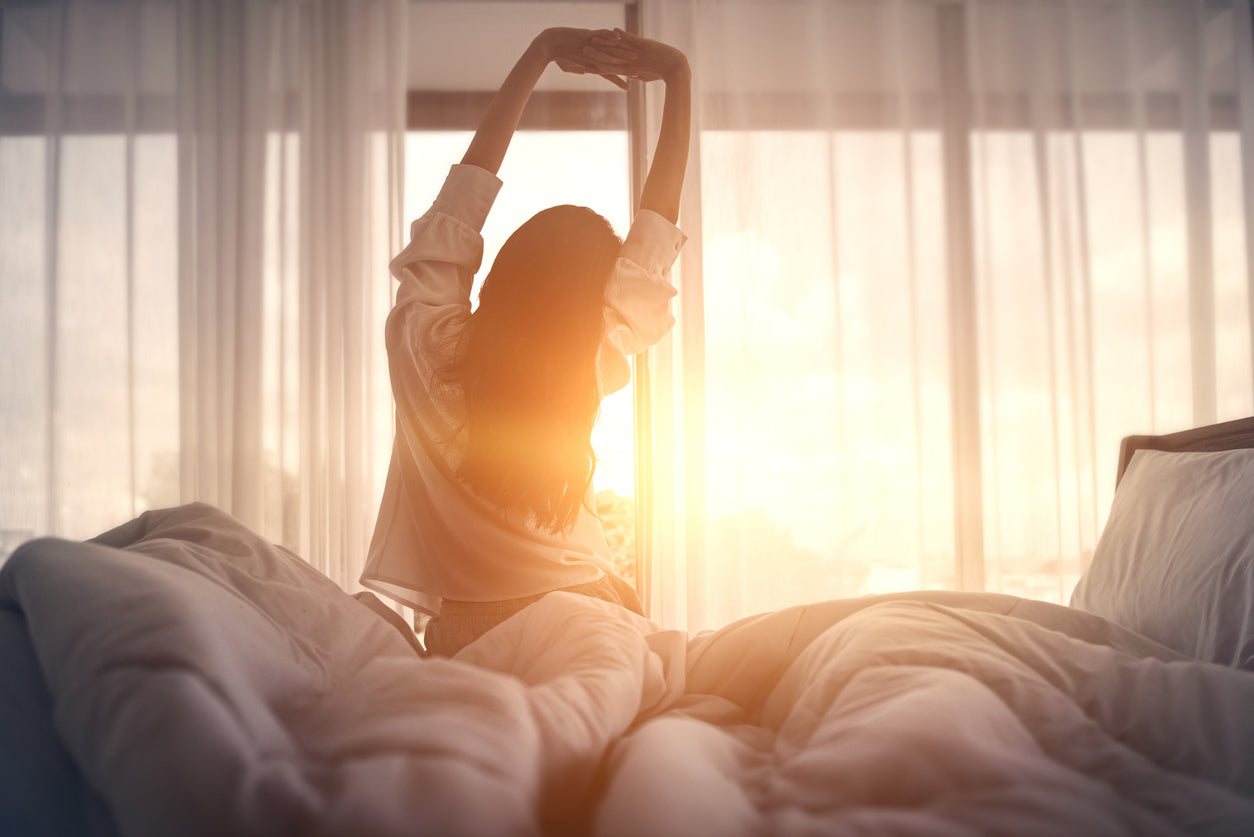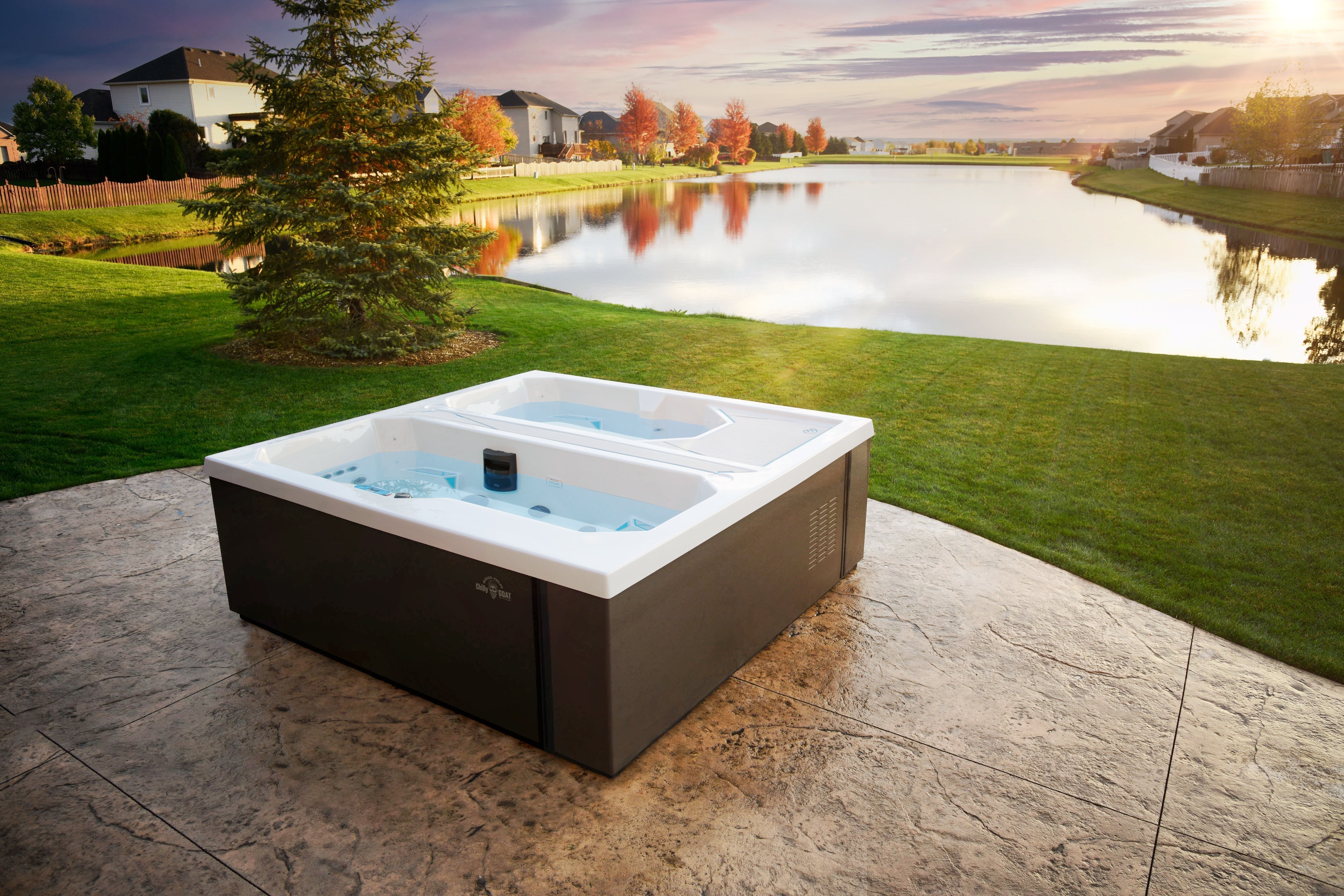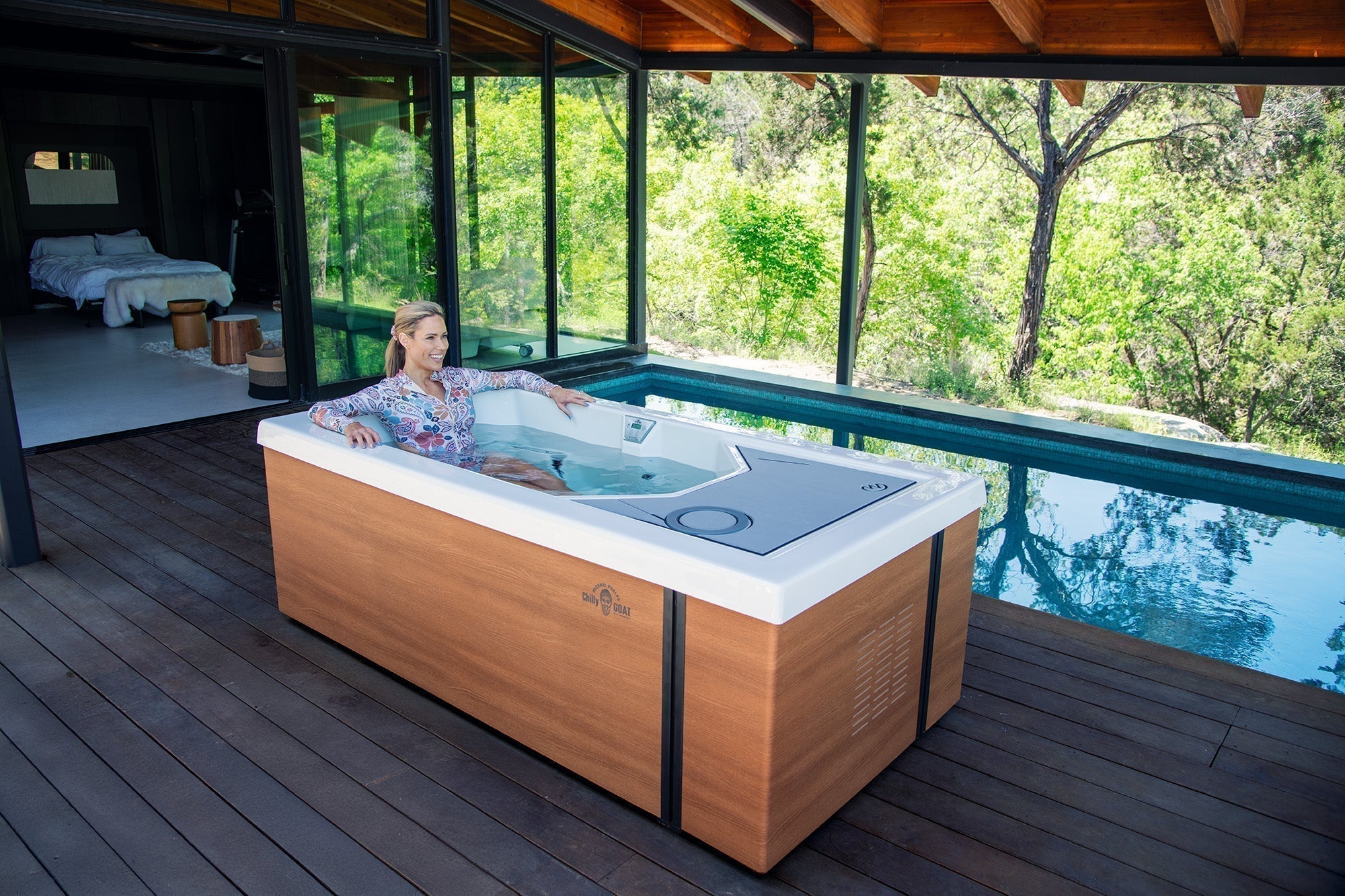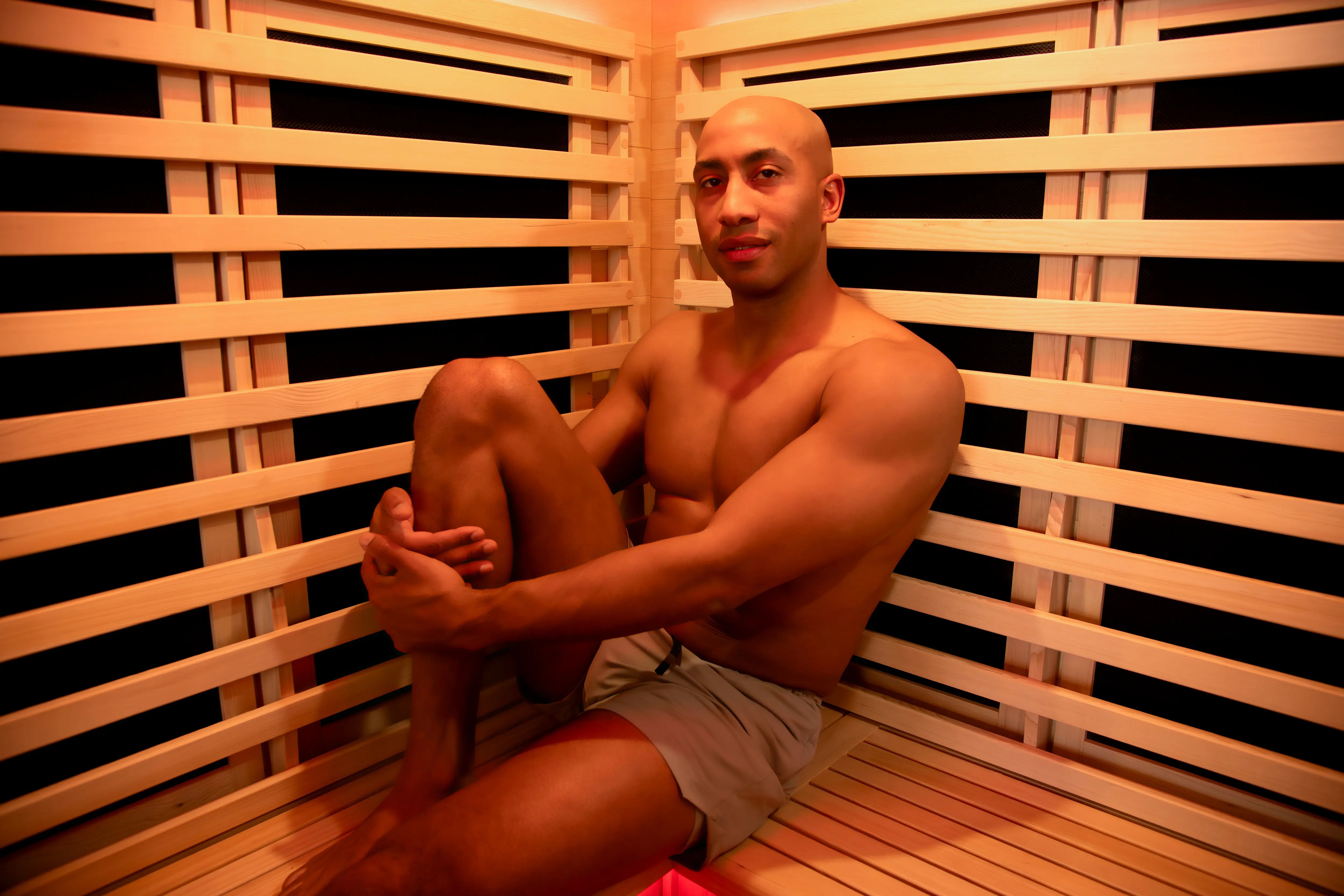Sleep is an essential aspect of our lives that significantly impacts our physical and mental well-being. A quality night sleep is more than just good, more than just rejuvenating. Good sleep can make you feel like the GOAT.
But there are times when it feels like an epic challenge to get the sleep you need and want. It can feel like your body is not cooperating.
Is there some unspoken trick to getting the greatest sleep, night after night?
To ensure optimal sleep, two key requirements stand out: maintaining a consistent sleep schedule and quieting the mind. But, admittedly, the latter can be a challenge, according to Lynelle Schneeberg, PsyD, a Yale Medicine sleep psychologist.
Schneeberg recommends reading, puzzles, or even podcasts to settle down in the evening. Others recommend turning off the television, eating dinner earlier, using a white noise machine, and meditation.
But could a 2-minute chilly plunge become the new hero of your bedtime routine? Cold water immersion can trigger physiological and neurological responses that not just help you fall asleep but achieve deeper sleep.
With Michael Phelps Chilly GOAT Cold Tubs by Master Spas, you can easily incorporate cold water therapy into your bedtime routine without the hassle of making an ice bath. Gone are the days of making trips to the store for bags of ice or kicking your kids out of the bathtub.

The importance of sleep
Have you ever experienced a night of inadequate sleep and felt sluggish and drained the next day? Bad nights of sleep happen but they can take a toll. You need sleep to feel rested and rejuvenated. But more than that, sleep plays a crucial role in many of the body’s processes.
During sleep, your body undergoes a process of restoration. Damage tissues are repaired. Muscles are rejuvenated. Your brain consolidates and organizes information, making it easier to retrieve and process later.
Not getting enough quality sleep regularly raises the risk of many diseases and disorders. These range from heart disease and stroke to obesity and dementia. Numerous studies have established strong associations between inadequate sleep and an increased risk of chronic conditions such as diabetes, hypertension, and cardiovascular diseases. Sleep deprivation also negatively impacts cognitive function, leading to difficulties in concentration, memory impairment, and decreased productivity.
But it’s not uncommon to not get enough sleep. In today's fast-paced world, many Americans struggle to get enough sleep on a regular basis. According to the Centers for Disease Control and Prevention, about one-third of American adults do not get the recommended amount of sleep. The American Academy of Sleep Medicine and the Sleep Research Society recommend that adults aged 18 to 60 should aim for at least seven hours of sleep per night to promote optimal health and well-being.
According to Dr. Marishka Brown, a sleep expert at the National Institutes of Health, healthy sleep encompasses three major aspects: sleep duration, sleep quality, and a consistent sleep schedule. It's not just about the number of hours spent in bed; it's about the uninterrupted and refreshing sleep that allows us to wake up feeling restored and ready to take on the day.

Cold water therapy and sleep
Cold water therapy involves exposing our bodies to cold water or cold environments for various therapeutic benefits. When it comes to sleep, cold water therapy has been found to encourage deep sleep.
Circadian rhythm and temperature regulation
Have you ever struggled to fall asleep on a hot summer night? It’s not just because the heat and humidity make it uncomfortable to sleep. Temperature can disrupt the body’s production of melatonin, a natural sleep hormone.
The temperature of your body actually plays a crucial role in the sleep-wake cycle. As body temperature drops in the evening, it promotes feelings of sleepiness and facilitates the onset of sleep. In contrast, as body temperature rises in the morning, it contributes to wakefulness and alertness.
As part of that change in body temperature, your body will release melatonin — typically between 10 pm and 5 am. If it’s too hot, your body will not produce enough melatonin to help you fall asleep or stay asleep.
Cold water immersion, though, causes a dramatic change in your body temperature. Research suggests that a rapid decline in core body temperature increases the likelihood of sleep initiation and may facilitate an entry into the deeper stages of sleep.
Increased slow wave sleep
When you plunge into a cold tub, like the Michael Phelps Chilly GOAT Cold Tub by Master Spas, you can feel the effect on your body. Your feet might tingle, and there’s a change in your breathing pattern.
However, cold water immersion can also trigger neurological effects. Researchers, who published their findings in Biology, discovered that different parts of the brain react with each other after cold immersion.
"With the growing popularity of outdoor swimming and cold water immersion, which many now use to support improved mood, it is long overdue that we study how it may affect us,” says Dr. Heather Massey, from the University of Portsmouth. “We know so much about the impact cold water immersion can have on the body, but the brain has had little focus, primarily as it has been more challenging to study. It is only now that technology is developing, can we start to get some insight.”
Other findings show that cold water therapy can stimulate the production of delta waves in the brain, which are associated with deep sleep, or slow-wave sleep. This stage of sleep is when you can dream. It’s also when memories can consolidate. By promoting the length and quality of slow-wave sleep, cold water therapy contributes to improved sleep overall.
Activating the diving reflex
Have you ever found yourself standing over the sink when feeling stressed or anxious? Maybe you needed a moment to collect yourself and decided that you would just splash some cold water on your face. The cold water is shocking but it’s also soothing. As you return to the task at hand, you discover that you are feeling better. Calmer. And definitely more collected.
Your body’s response to cold water on the face is called the diving reflex. This reflex is designed to keep you from drowning. However, it also sets off a series of changes in the body — including slowing down the heart rate, redistributing blood flow to key organs, conserving energy, and promoting relaxation. This physiological response can facilitate a calmer state conducive to deep sleep.

Sleep and athletes
Intense training places significant stress on an athlete's body. During sleep, the body engages in critical restorative processes, such as tissue repair, muscle growth, and the release of growth hormone. Adequate sleep allows for optimal physical recovery, ensuring that muscles and tissues repair themselves, reducing the risk of injury, and enhancing overall athletic performance.
In addition to physical recovery, sleep plays a pivotal role in mental rejuvenation. Sleep is essential for cognitive function, memory consolidation, and focus. Athletes require mental acuity and sharpness to make split-second decisions, react quickly, and maintain concentration during training sessions and competitions. Sufficient sleep ensures that the brain is well-rested, optimizing mental performance and reaction times.
Intense training regimens can disrupt the natural sleep-wake cycle, leading to difficulties falling asleep or staying asleep. Physical exertion, elevated cortisol levels, and increased adrenaline can make it challenging for athletes to unwind and transition into a restful state. Additionally, late training sessions close to bedtime can delay the body's natural wind-down process, making it harder to fall asleep.
According to a study published in Frontiers in Sports and Active Living, cold water immersion helped endurance athletes achieve better sleep. In the study, male athletes submerged their bodies in cold water for 10 minutes. Participants experienced less arousal during slow wave sleep.

The GOAT bedtime routine
Incorporating cold water therapy as a part of your bedtime routine can have a positive impact on your sleep quality. Its ability to regulate body temperature, induce deep sleep, and align our natural sleep patterns is supported by scientific evidence.
But you might want to think twice before jumping into your Chilly GOAT Cold Tub just a few minutes before bed.
While cold water can trigger physiological responses that help you sleep, your initial response might be a burst of energy. Consider timing your cold plunge an hour or two before bed so that you can let your body “settle in.”
Depending on your schedule, you can take a 2-minute soak and then follow up with other elements of your bedtime routine.
A cold bath might not always seem convenient, especially when other members of your household are going through their bedtime routines. Michael Phelps Chilly GOAT Cold Tubs by Master Spas offer convenient access to cold water that you can use to benefit your sleep, as well as your physical and mental well-being. The advanced water care system ensures that the water is always clean and clear. The SmartLife app allows you to select the water temperature and make adjustments based on your body's needs and how you adapt to the cold.
People have observed many benefits to cold water immersion but everyone experiences it differently. It’s important to start slowly and gradually increase exposure time to cold water to allow your body to adapt. You want it to support your sleep and overall well-being.

Buy the greatest in cold water immersion
Do you want to enjoy the benefits of cold water therapy without buying bag after bag of ice? Having a Michael Phelps Chilly GOAT Cold Tub by Master Spas allows you to realize the impact of cold water. Enjoy clean, clear, cold water on demand. You can click here to find out more about the benefits of incorporating a Michael Phelps Chilly GOAT cold tub into your routine. Start your journey today!




Michael Phelps shares cold tub routine
Why cold tubs are replacing DIY ice bath options